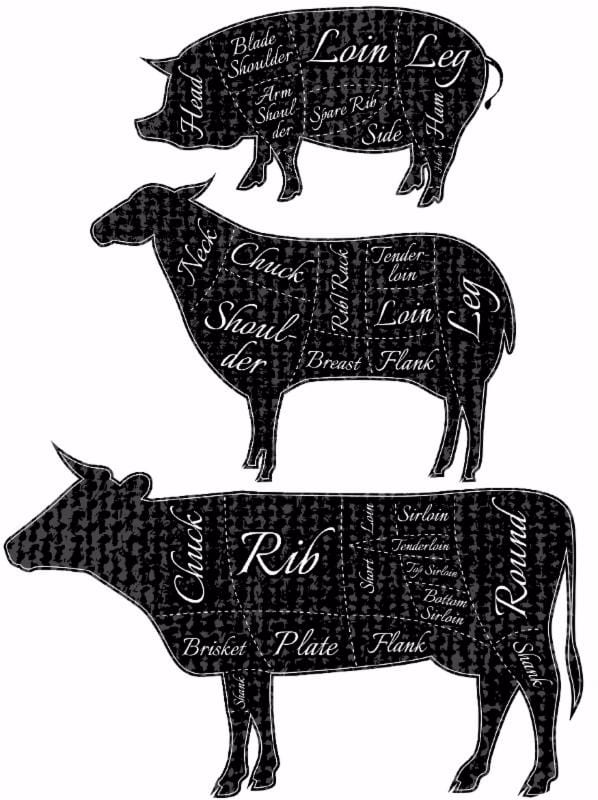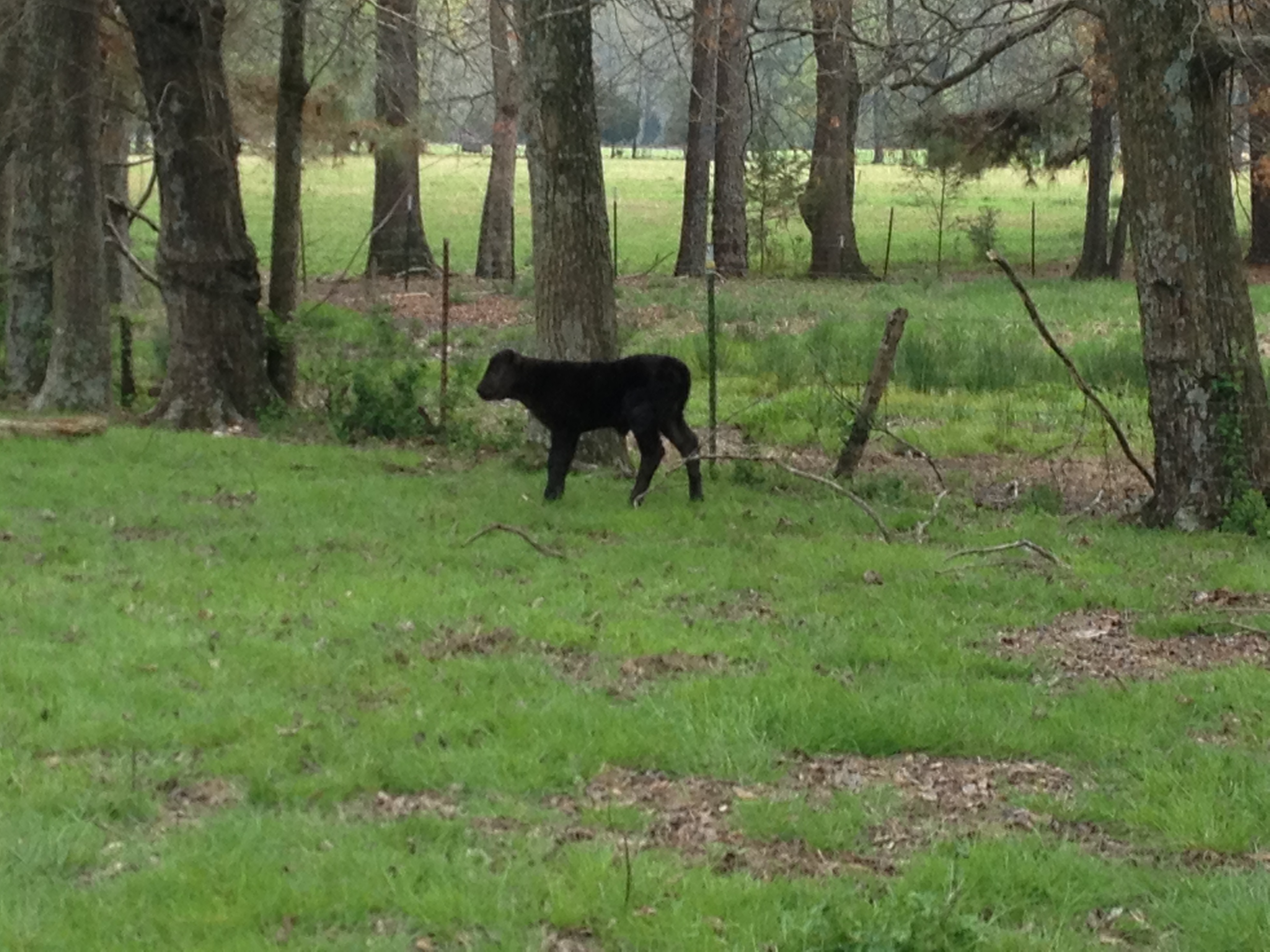 It’s always nice to throw a delicious cut of grass-fed beef or pastured pork on the grill when friends stop by to visit. And, since we raise our own pastured meats, it’s inevitable that someone is going to want to buy a roast, some chops, or a few steaks to take home. Too bad that is against the law.
It’s always nice to throw a delicious cut of grass-fed beef or pastured pork on the grill when friends stop by to visit. And, since we raise our own pastured meats, it’s inevitable that someone is going to want to buy a roast, some chops, or a few steaks to take home. Too bad that is against the law.
Yes, that same delicious cut we happily and legally grill and share with our hungry friends, becomes a criminal instrument if we sell it to them to take home and cook for themselves. But, not because there’s anything wrong with the meat, though. It’s because of errant government regulations.
Thankfully, that situation may be changing, according to the following information gleaned from the Farm to Consumer Legal Defense Fund website. The FTCLDF is a non-profit organization that protects the rights of family farms, artisan food producers, consumers and affiliate communities to engage in direct commerce free of harassment by federal, state and local government interference; it protects the rights of farmers and artisanal producers to make their products available and the rights of consumers to access the foods of their choice from the source of their choice. All farmers and supporters of local farmers should join. We did years ago..
A couple of months ago Senators Angus King (I-ME) and Rand Paul (R-KY) introduced the PRIME (Processing Revival and Intrastate Meat Exemption) Act, lending Senate support for Representatives Thomas Massie (R-KY) and Chellie Pingree’s (D-ME) bill (H.R. 3187) to make it easier for small farms and ranches to serve consumers. The bill (S. 2651) is identical to the legislation that Representatives Massie and Pingree introduced in the House of Representatives last summer. Massie and Pingree’s bill now has 20 co-sponsors in the House. New Norm Farm applauds Tennessee Congressman John Duncan’s co-sponsoring of the House bill.
According to Pete Kennedy the attorney who served as President of the FTCLDF from 2008-2016, the prohibition of the sale of custom processed meat went into effect with the passage of the Wholesome Meat Act of 1967 – which did tremendous damage to local slaughterhouse infrastructure around the country. In 1967 there were nearly 10,000 slaughterhouses in the country; today there are less than 3,000. Plus, the act, contrary to its name, made meat less wholesome!
The 1967 law contributed significantly to the consolidation of the meat industry; today only four companies control over 80% of beef processing in the U.S. and only four companies control over 60% of pork processing.
The inability to comply with costly federal requirements has led to thousands of slaughter and processing facilities going out of business; many of these were small facilities processing only for commerce within the state. These facilities might have been accountable for only 20-25 percent of national meat products but they gave the small livestock farmer much better access to slaughterhouses at a better price than is the case today. The local abattoirs that dotted the country are mostly gone. Passage of the PRIME Act can begin the process of bringing them back.
The Wholesome Meat Act has not led to the production of safer meat today; there are more recalls than ever for positive pathogen tests in meat products. The 1967 Act has also contributed to higher meat prices as the writers of a Small Business Administration report predicted at the time; the higher costs with expanded federal regulation have been passed on to the consumer. The Wholesome Meat Act has failed small-scale slaughterhouses, family farms, consumers and communities on numerous levels.
We highly recommend listening to a revealing Tom Woods Show interview with Jon Moody, executive director of the Farm to Consumer Legal Defense Fund about the PRIME Act.
